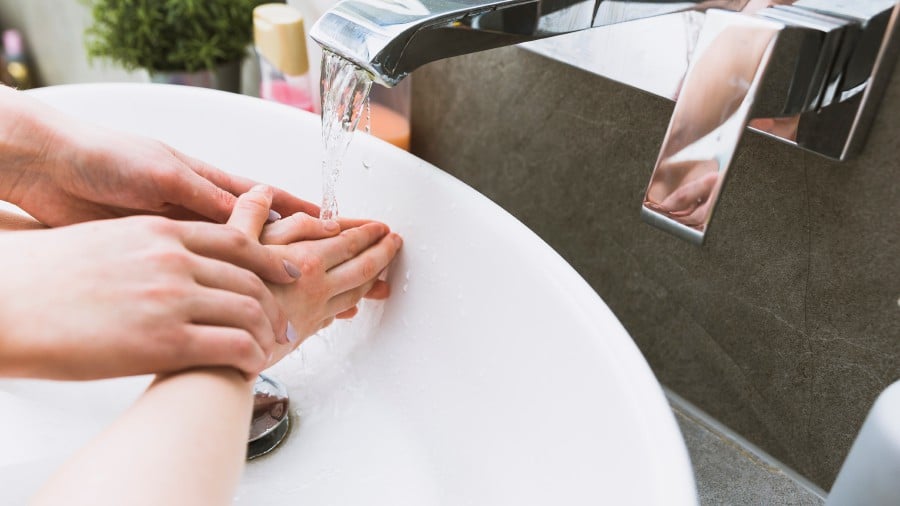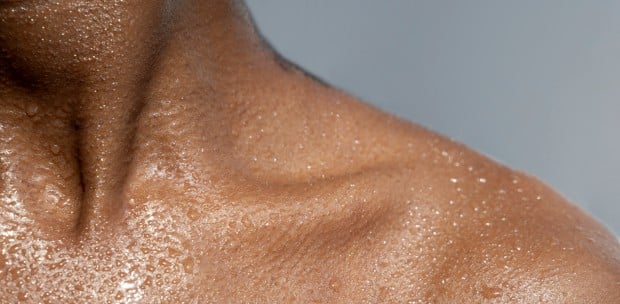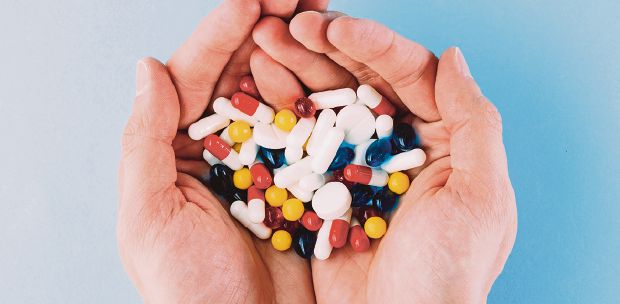WITH the school holidays in full swing, most families will be making travel plans.
Travelling with children can be challenging, especially if they are below the age of five. The unexpected can always happen while you're on the road no matter how well prepared you are.
The most common travel-related injuries or illnesses among children are
motor vehicle accidents, falls leading to cuts, bruises or open wounds, febrile or respiratory illness due to viruses, water related injuries such as drowning, and diarrhoea and vomiting due to food poisoning.
To lower the risk of such incidents, parents must use booster or car seats and seatbelts correctly according to the child's age, height, and weight while in a vehicle, says Sunway Medical Centre head of accident and emergency department Dr Lee Soon Han.
Also wear water safety devices during swimming and ensure close adult supervision during these activities.
"Also, consume clean water and proper food, while maintaining milk bottle hygiene."
FIRST AID NECESSITIES
A proper first-aid kit should be prioritised during travel. Dr Lee says the kit should include paracetamol for fever or pain, oral rehydration solution (ORS), cough and cold medications such as antihistamines, and inhalers for children with asthma.
There should also be basic items for wound care, such as gloves, gauze, antiseptic wipes, band-aids and adhesive tape, as well as a thermometer.
In addition, it helps if parents are aware of the dos and don'ts if their child suffers from motion sickness while travelling or pressure in the ears during flying.
As for children with chronic heart or lung disease, travelling to destinations with different climates or altitudes may be risky, says Dr Lee.
"Parents should consult their doctors before travelling. Do dress appropriately, with more layers at lower climate destinations, while for hotter locations, sunscreen should be applied regularly to avoid sunburn."

EAT WISELY
Diarrhoea and vomiting are among the most common illnesses that children face while travelling, says Sunway Medical Centre consultant emergency physician Dr Nur Elayni Borhan.
"Please ensure that your child is taught safe food and water precautions. Frequently wash hands to prevent foodborne and waterborne illnesses, breastfeed your infant as it's the best way to reduce risk, as well as make sure vaccinations are up-to-date as there is generally a higher risk for most vaccine-preventable diseases when travelling," urges Dr Elayni.
Most importantly, children should avoid swimming in any fresh, non-chlorinated bodies of water, such as, rivers, ponds, or lakes, as they may be contaminated with diseases that can be transmitted to the child if water is ingested.

For children with food allergies, planning ahead is the key to making your trip safe and enjoyable. Always stay alert, take every necessary precaution, and carry all essential medications.
Bring a medical kit with your child's medication, including their epinephrine pen. Do this no matter how near or short the trip is.
Pack safe snacks and meals in case there are no safe restaurants for your child.
If you are going to a non-English speaking country, get information about your child's allergy translated. You can give this written information to those who prepare food to help them understand your child's needs.

Tips to manage motion sickness
*Stay hydrated,
*Avoid heavy meals - eat and drink in small amounts regularly.
*Avoid reading or using any screen devices during the ride.
*Encourage sleep during the ride or flight.
Tips to manage pressure in the ear
*It can be equalised by swallowing or chewing.
*Babies and young children should be encouraged to nurse or suck on a bottle.
*Older children can have snacks or chewing gum.
*Bring along familiar toys for comfort.
Keep healthy during travelling by claiming this Shopee voucher code.




